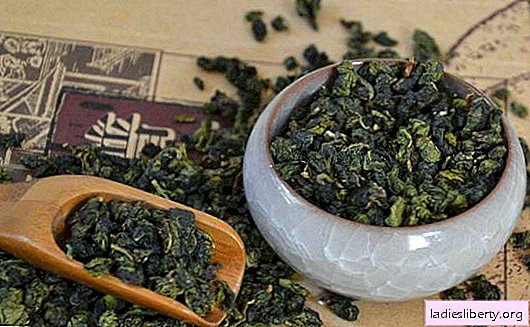
Drawing inspiration from mother nature, scientists have achieved some success in the prevention of tooth sensitivity, hyperesthesia, which worries millions of people around the world. Thus, in the journal ACS Applied Materials & Interfaces, Chinese scientists report that they have developed a composition similar to the adhesive substance, by means of which mussels are attached to stones and other surfaces under water.
Scientists explain that approximately every three out of four people to some degree have such dental problems as hypersensitivity to hot, cold, sweet or sour foods and drinks. This occurs when the hard outer layer of tooth enamel and looser dentin, located under the enamel, wear out, exposing the nerve endings inside the tooth.
Some sugar-free chewing gums and special toothpastes can help reduce tooth hypersensitivity. But to solve the problem, you need a substance that can restore enamel and dentin at the same time. In search of a solution to this problem, scientists turned their attention to a substance similar to glue used by mussels in order to stay on surfaces. They believed that such a substance would help preserve the minerals and dentin while the recovery process proceeds.
Laboratory tests were carried out, during which the teeth with worn enamel were washed with a liquid containing adhesive material and minerals. As a result, dentin and enamel recovered. Scientists' conclusion is that the adhesive substance "can be a simple universal method that encourages enamel and dentin to simultaneously remineralize."











